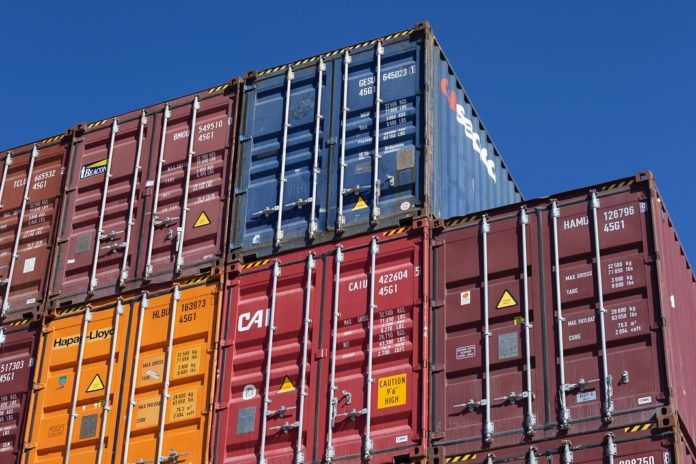
A statement from the Chartered Institute of Plumbing and Heating Engineering (CIPHE) has found that there has been a sudden rush to purchase building materials, just after the lockdown, in preparation for the unclear consequences of Brexit.
Now, attention has fallen onto the role of British ports in the supply chain. There is now a question of whether the supply chain will collapse as merchants run dangerously low on stock, following the coronavirus related supply issues the industry suffered through this year.
The Guardian newspaper recently reported that since September, the port of Felixstowe has seen demand rise by 30%, due to ‘businesses rushing to replenish stock after the end of lockdowns and building stockpiles before the end of the Brexit transition period.’ This has caused congestion and delays at Britain’s largest container port, but it is not an isolated problem.
Raw materials at ports across the land being held up, as are finished products manufactured overseas. Additionally, ships are making a “cut and run” – partially unloading their cargo or missing out their UK stops entirely, opting for ports with capacity on the continent instead.
Furthermore, the price of shipping has also risen sharply, causing suppliers to pay more to get their products into the country. With further uncertainty over the new tariffs and rules due to kick in from next month, the pressure to get stock through the ports is mounting.
Kevin Wellman, chief executive officer of the CIPHE, said: “I fear that Brexit will impact on the UK for quite some time. While we applaud the work manufacturers are doing to support the entire supply chain, it’s clear that the knock on effects of delays are severe. It is the installers and their customers who will lose out if products and materials cannot get to site on time.
“Many engineers have slipped through the net of government financial support during the pandemic. They will be facing the added frustration and financial pressure of jobs cancelled due to a lack of supplies and price hikes in line with the costs of shipping. With online marketplaces still not legally responsible for stopping dangerous products from being sold, the CIPHE is concerned the current situation will leave the floodgates open for counterfeit goods.
“We urge all engineers to be cautious if sourcing products and materials from unknown alternative providers. Non-compliant goods may not have been manufactured to recognised bona fide standards and are likely to be low quality. There is no doubt the black market in plumbing and heating parts has the potential to grow in the current climate, putting lives at risk and exposing installers to potential legal repercussions.”
